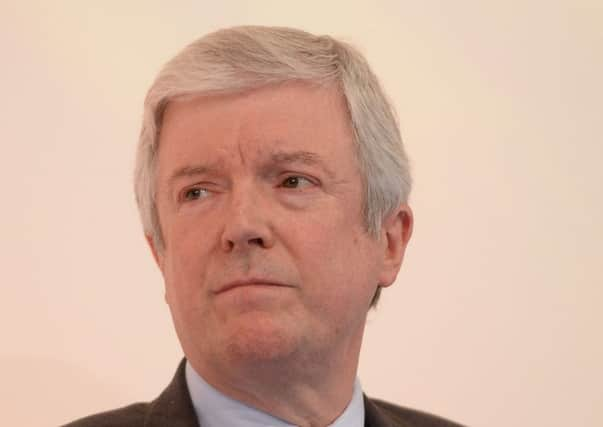Plan to replace TV licence fee with household tax


In a speech at New Broadcasting House in central London, he said the corporation was at “a crossroads” and the licence fee - which is not currently required to watch catch-up TV on iPlayer - must be amended to cover “catch-up television as soon as possible”.
A select committee report last week backed that move and also raised the prospect of the licence fee being dropped in favour of a household levy.
Advertisement
Hide AdAdvertisement
Hide AdThe director general said: “We’ve always said that the licence fee should be updated to reflect changing times. I welcome the committee’s endorsement of our proposal to require people to pay the licence fee even if they only watch catch-up television. The committee has suggested another route to modernising the licence fee - a universal household levy.
“Both proposals have the same goal in mind: adapting the licence fee for the internet age. This is vital. Because I believe we need and we will need what the licence fee - in whatever form - makes happen - more than ever.
“In fact, I’m going to go further and argue that if we didn’t have a BBC funded by a licence fee, such is the world we face, we’d have to invent it.”
Opponents of the licence fee have likened it to a poll tax because every household with a television set has to pay it, even if they rarely or never use BBC services.
Mr Hall told his audience that “people increasingly prefer the licence fee to other models of funding” and warned that scaling back the BBC too far will leave a nation dominated by “global gatekeepers and American taste-makers”.
He said: “The BBC has never been afraid of debates about its future. What we do is undeniably good for Britain and the British public. And will become even more so in the internet age.
“So people who support the BBC will need to stand up for it, and speak up for it. Those who don’t should be transparent about their motivations, and honest about the consequences.”
He added: “Down the other path is a strong BBC helping bind the country together at home and championing it abroad. A British creative beacon to the world, providing a universal service for a universal fee; an internet-first BBC which belongs to everyone and where everyone belongs – a BBC celebrating its 100th birthday but with its best days ahead of it.”
Advertisement
Hide AdAdvertisement
Hide AdHe also sketched out a vision for the corporation which he says will let the “audience become schedulers”.
Using the corporation’s historical drama, Wolf Hall, as an example, he said that using more personal data will allow the corporation to start “guiding you to the best of the BBC’s content about the Tudors or radio shows about historical novels. The potential is huge to let our audience become schedulers”.
He added: “This is the start of a real transformation - the myBBC revolution. How to reinvent public service broadcasting through data. But we will always be doing it the BBC way - not telling you what customers like you bought, but what citizens like you would love to watch and need to know.”
The licence fee was introduced when broadcasts resumed after the Second World War and initially cost £2. The current fee is £145.50 for a colour television and £49 for a black and white one. However, about 500,000 households refuse to pay as they do not have a TV or watch programmes on their computer.
The new system suggested by the committee would see the licence scrapped and replaced by a levy payable in monthly instalments, as used in Germany.
FOLLOW US
SCOTSMAN TABLET AND MOBILE APPS